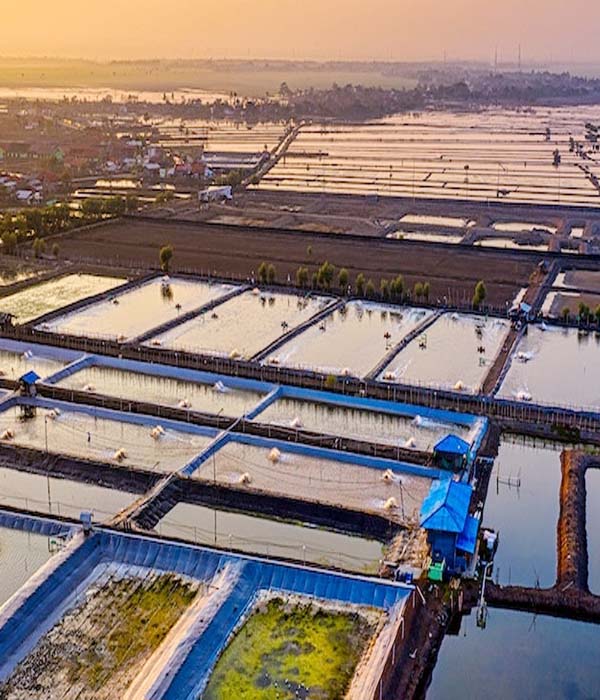Aquaculture
Aquaculture also known as aquafarming Exports
is the practice of cultivating aquatic organisms such as fish, crustaceans, mollusks, and aquatic plants. This process involves farming these organisms under controlled conditions in various types of water environments, including freshwater, brackish water, and marine water. Aquaculture is distinct from commercial fishing, which involves harvesting wild fish and other seafood from their natural habitats.
Food Security
Economic Growth
Environmental Impact
Research and Conservation
Aquaculture represents a vital and growing sector in global food production, with the potential to provide sustainable and nutritious food while supporting economic development. However, it requires careful management and innovation to address its environmental and social challenges effectively.
Read More
Elitee, All right reserved 2024-2025.
Developed by Rajsol Tech